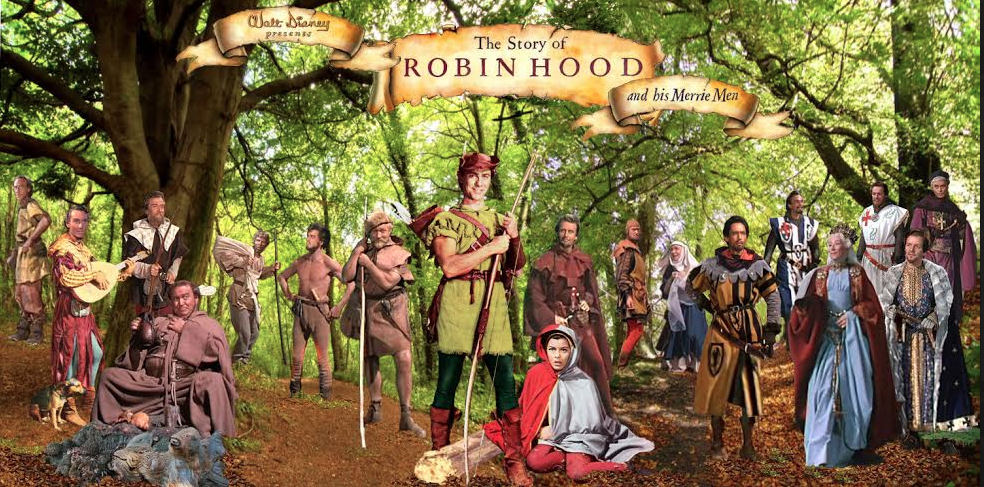I have some great news for all my readers. The Elton Hayes double CD, that we have been patiently waiting for, is now available on the Retrospective label, from Amazon UK. The 64 recordings display a unique mix of various traditional English ballads performed by Elton. Unfortunately his songs from Walt Disney's Story of Robin Hood and His Merrie Men (1952) are not featured.
The sleeve notes are written by Geoff Waite, who is not only an authority on the life and career of Elton Hayes, but a regular contributor to this web site. Geoff kindly kept me regularly informed during the albums production.
 |
| Elton Hayes as Alan-a-Dale |
It is wonderful to finally own this rare collection of music by Elton. A musician whose work is almost completely forgotten. Some of the tracks have been skilfully restored from acetate discs. And, one track I particularly enjoyed and recommend, is The Girl in the Wood track 11 on CD2. It is both beautiful and haunting.
So this double album gives a new generation the chance to listen to the ballads of Elton Hayes (the man with a small guitar) - or as we know him - Allan-a-Dale.















w!Wk~$(KGrHqJ,!iQEv1+0BTOpBMJNTKfbFg~~_3.jpg)
















